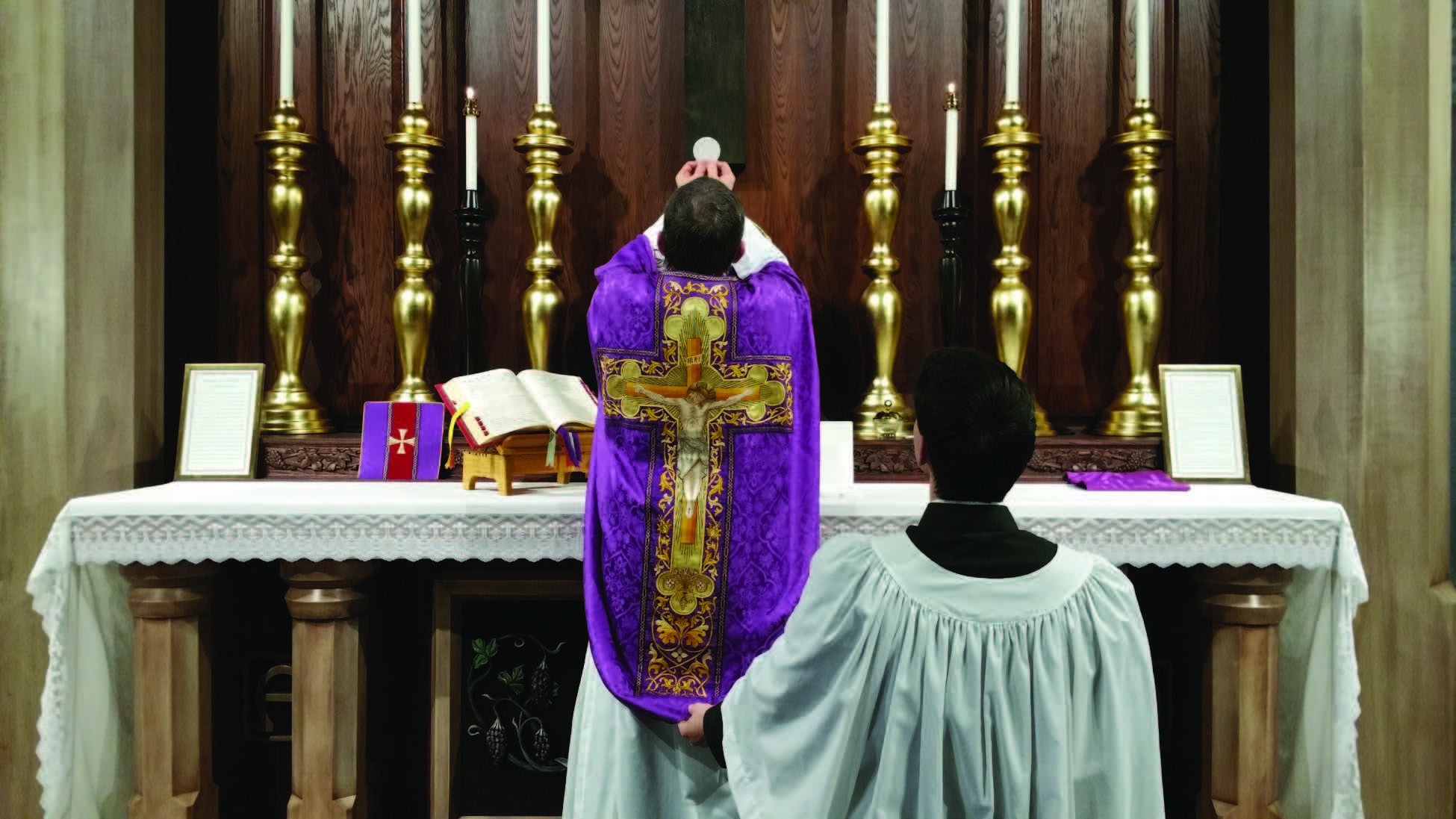
Pope Francis’ recent motu proprio letter, Traditions custodes, which puts new restrictions on the celebration of the Latin Mass, will weaken the role of traditionalists in the church, though there is some debating just how large and influential the Latin Mass community really is. The pope’s letter comes on the heels of concerns expressed by the Vatican and a segment of the world’s bishops about the divisive nature of the Latin Mass in the church, especially among devotees who question the validity of the Novus Ordo Mass introduced at the Second Vatican Council and associated teachings that sought to update the church’s teachings and practices. The new document calls for greater oversight and control over Latin Mass and, more significantly, says that new Latin Masses have to get Vatican approval. In a blog for the conservative First Things magazine (July 20), Raymond de Souza notes that the motu proprio may be the first papal document to respond largely to an Internet phenomenon. He explains that the traditionalists whom the Vatican has become so agitated about tend to congregate on blogs and social media where they wage battles against the modern church and its liturgy, most notably the following of Archbishop Carlo Maria Vigano, a sharp critic of Pope Francis. But de Souza adds that there are vast numbers of Latin Mass-goers who are uninvolved in these skirmishes. Yet he concludes that such a papal response to the Internet won’t be the last, as the Internet now shapes “public governance of the liturgy, and consequently, the church’s worship.”

Source: Andrewgardner1 – Wikimedia Commons (Creative Commons Attribution 4.0 International license).
In the conservative British magazine The Spectator (July 19), Tim Stanley hews to the overwhelming view of conservative and traditionalist Catholics that the pope is seeking to stop a flourishing movement that is the future of the church. Stanley points to large, young families filling the pews for Latin Masses and to seminaries with ranks of future priests eager to say the old rite. He argues that “we all know deep down that [the pope’s action] is a desperate last stand by the 1960s generation of clerics, a generation that is about 10 years from losing its grip on power.” In a somewhat similar vein, political scientist Anthony Gill writes in Law and Liberty (July 27) that the pope’s action will weaken the church and not have the unifying effect for which he had hoped. Gill writes that the genius of Catholicism is that it has supported a wide diversity of traditions while maintaining unity. While the number of Latin Mass devotees may be small, they represent a devout group of Catholics, and alienating them will deprive the church in the long run of needed resources (money and labor) and commitment.
Gill adds that from an institutional perspective, the pope’s limiting of the Latin Mass may be his attempt to signal his preference for the next pope and mobilize progressive forces ahead of the next election. In Sapientia (July 21), the blog of Fordham University’s Center on Religion and Culture, journalist David Gibson questions the popular narrative that Latin Mass devotees represent a growing vital segment of the U.S. church. He cites data from the Latin Mass Directory as showing that the Tridentine (Latin) Mass is attended by a minuscule number of Catholics who are outside of the actual Catholic growth centers of the global South. He even finds that the numbers drawn to the old rite have peaked and are on the downturn. And a survey finding Latin Mass growth has been faulted for relying on self-selected respondents. But Gibson does acknowledge the influence of Latin Mass proponents (calling them “liturgical One Percenters” and the “uber elite”) in that they have the money and platform in industrialized countries to wage a campaign against the Francis papacy.
(First Things, https://www.firstthings.com/web-exclusives/2021/07/for-pope-francis-the-mass-isthe-message; Spectator, https://spectatorworld.com/topic/pope-merciless-war-against-old-rite/;Law and Liberty, https://lawliberty.org/divine-diseconomy; Sapientia, https://crc.blog.fordham.edu/faith-religion/latin-mass-hysteria/)